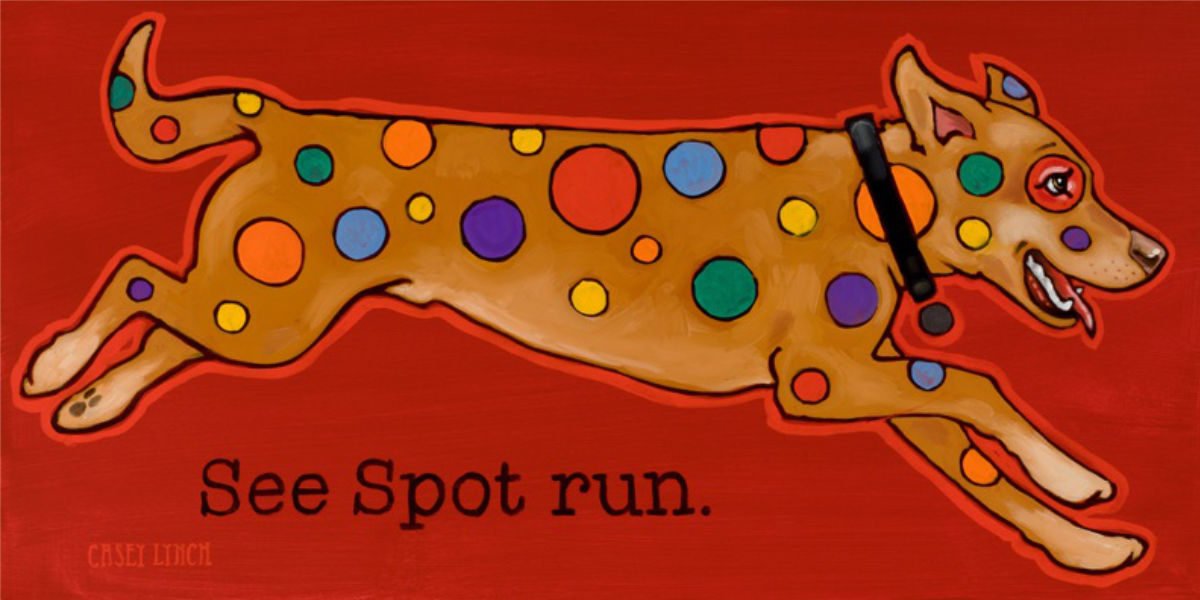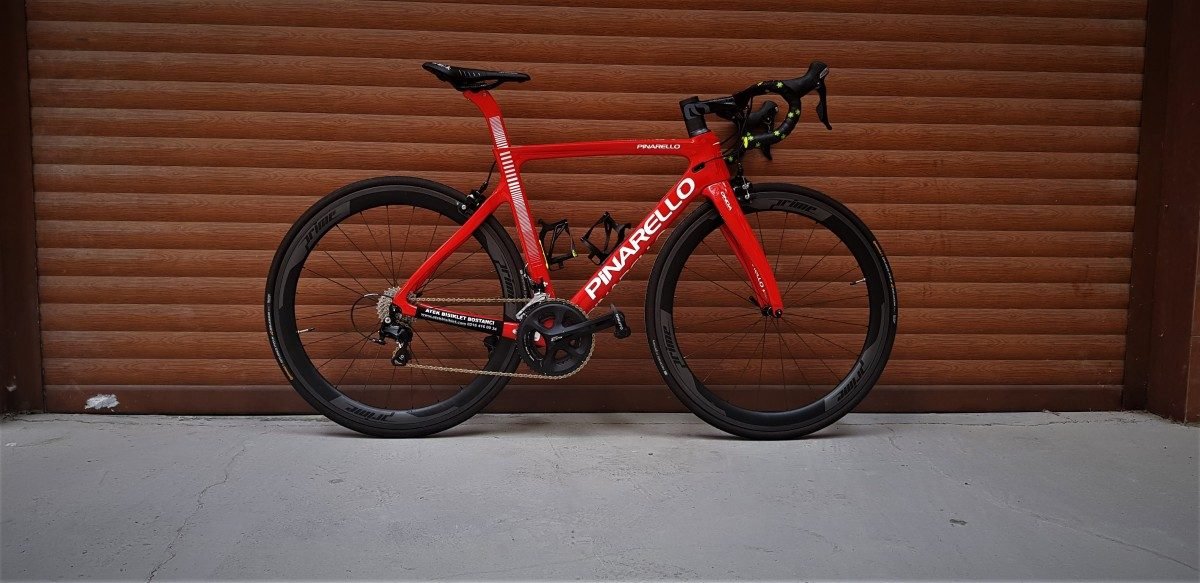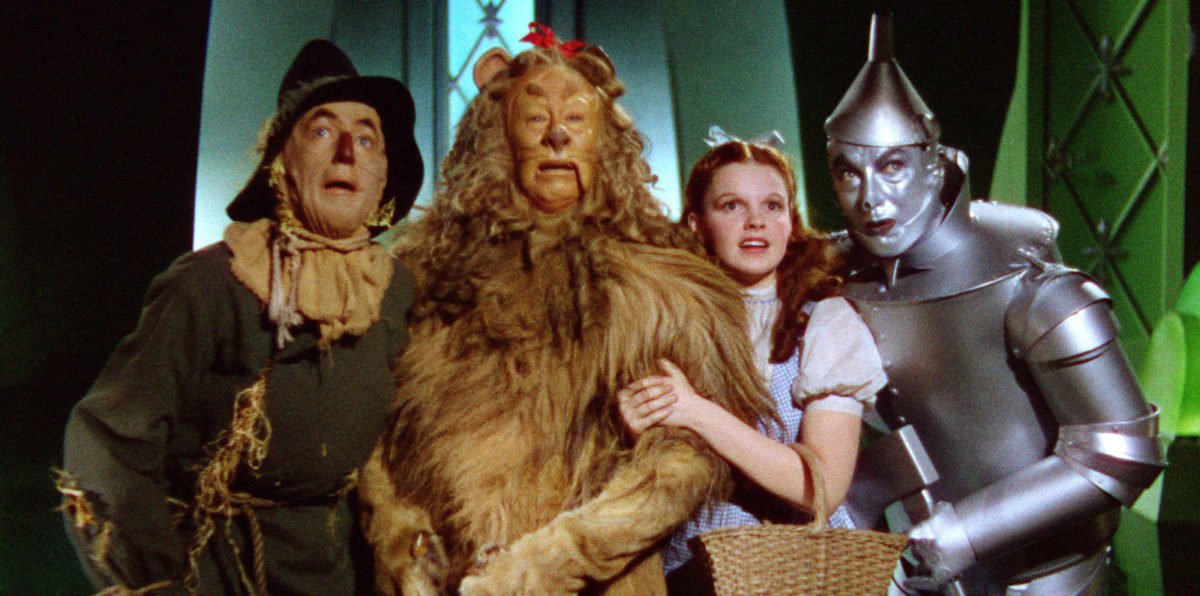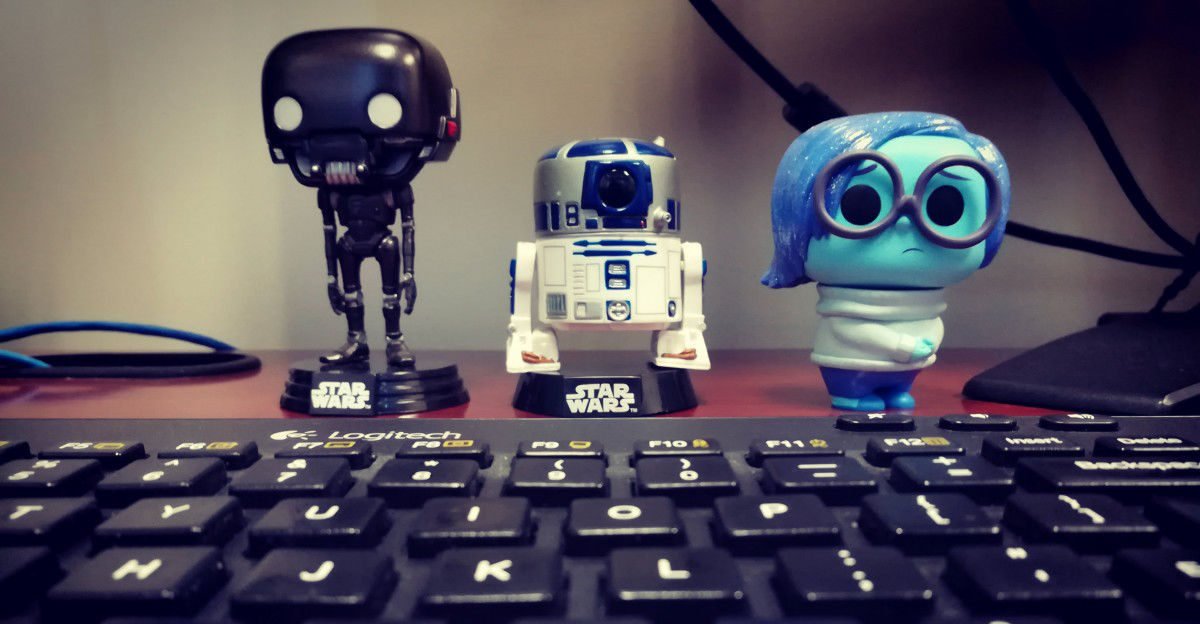Want to know a simple, inexpensive way to increase your chances of getting hired?
Go to a bookstore or museum gift shop and buy a box of small note cards with matching envelopes. Don’t forget stamps, in case you don’t have any of those around the house.
Now, after you have an interview, instead of sending out thank-you emails to the people you met, sit down with a real pen and write a short note to each person. The same rules apply: make it short and to the point, but always include something unique to that person so they know it’s not a canned response.
It’s best if you do this the day of your interview, so the note(s) can go out in that day’s or at the most, the next day’s mail.
I think you’ll be amazed at the impact a real snail mail note can have. Think about the last time you received a personal note or letter in the mail. See what I mean?
This technique works for lots of situations, not just after job interviews. Send notes to contacts you met for coffee, past employers, freelance clients you haven’t worked with in a while…this real-life communication has tremendous positive impact. You’ve shown that person a level of personal engagement and regard that’s quite rare these days.
Just try it a few times – magic can happen.









